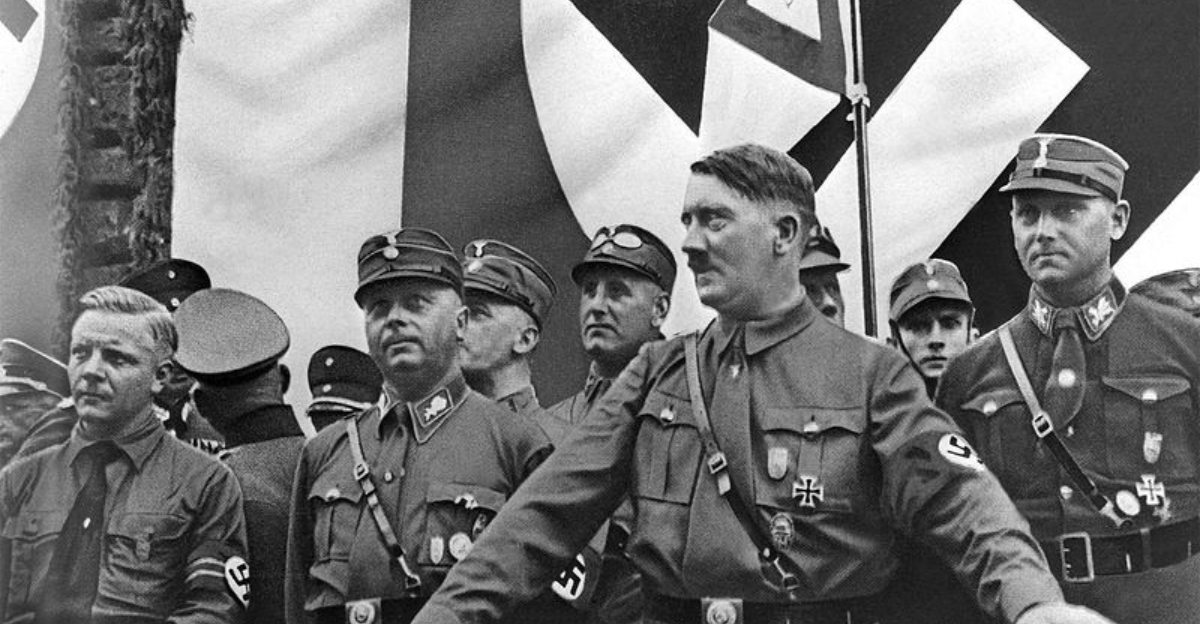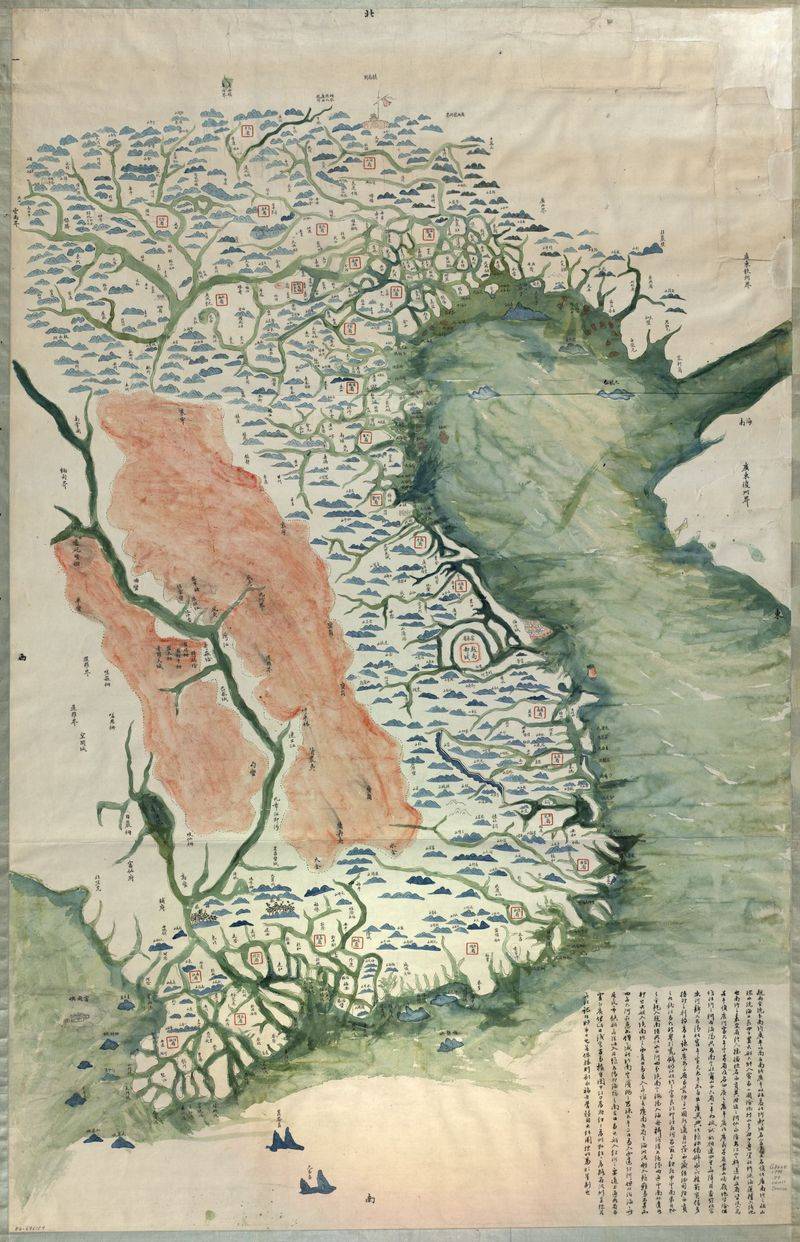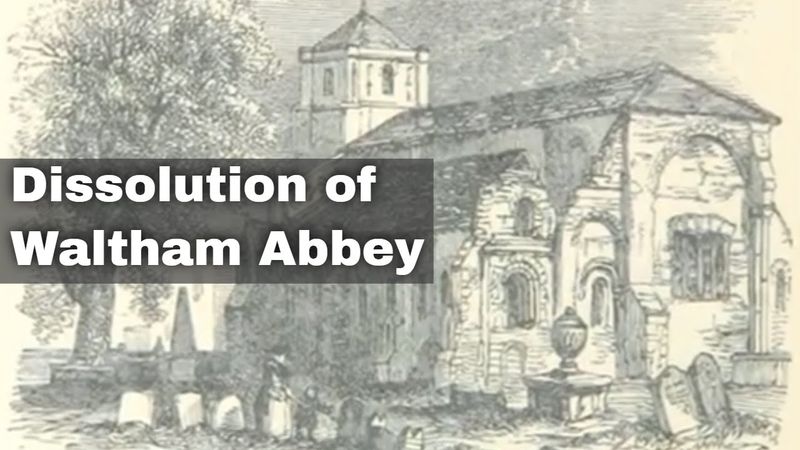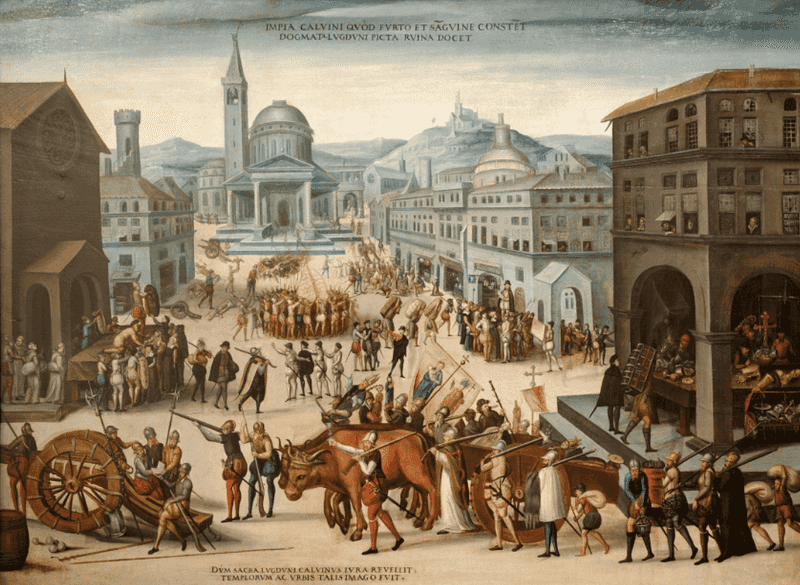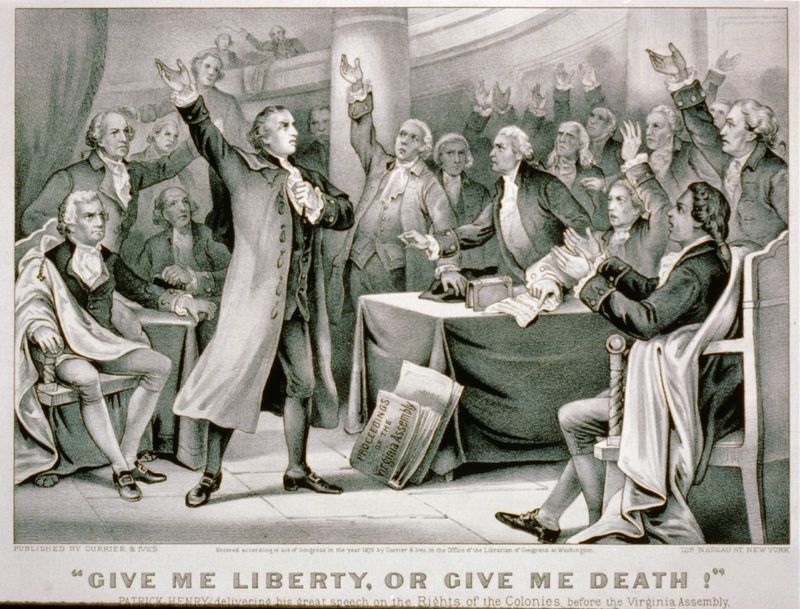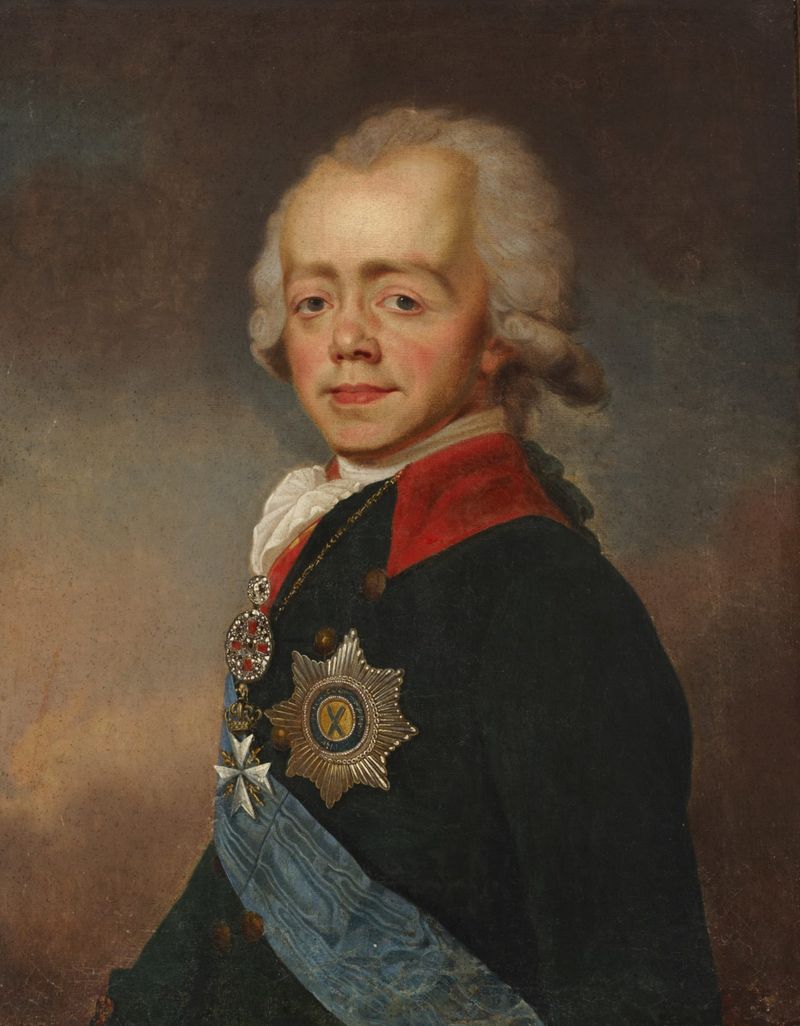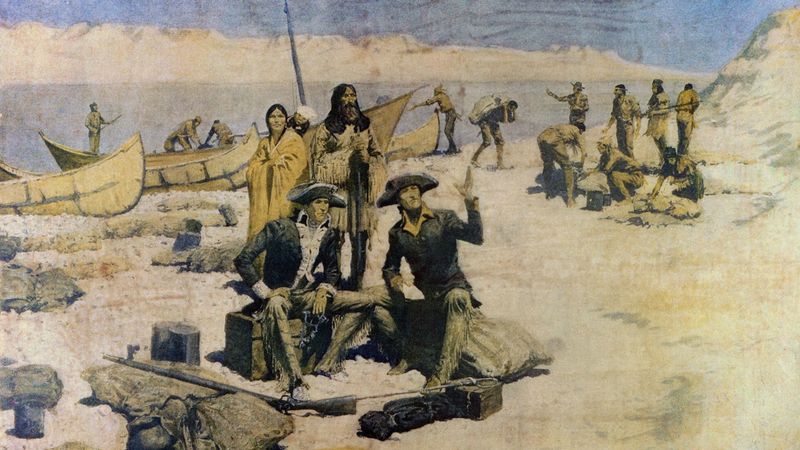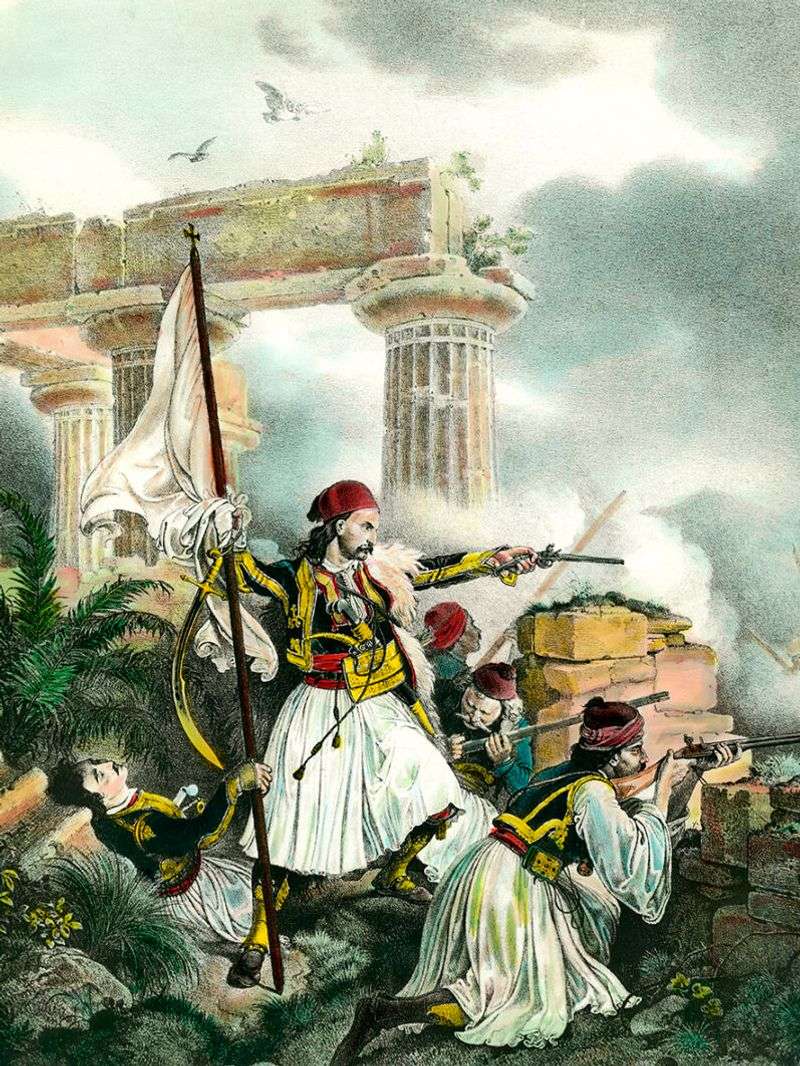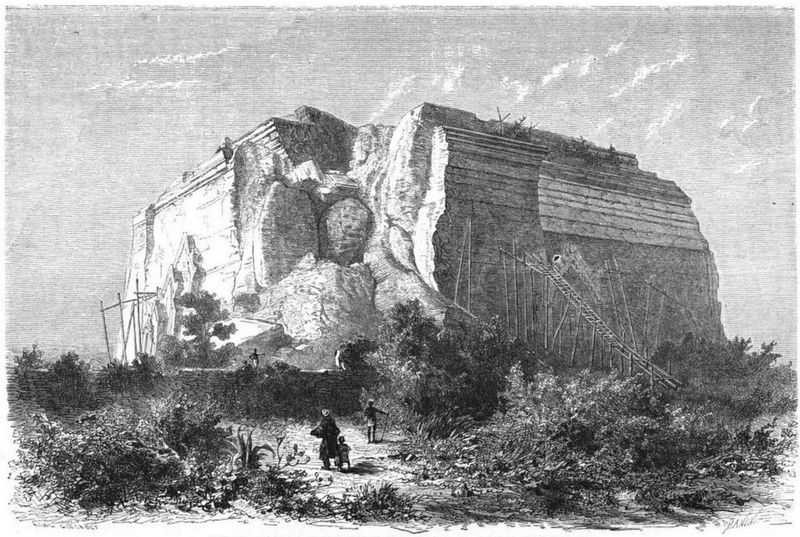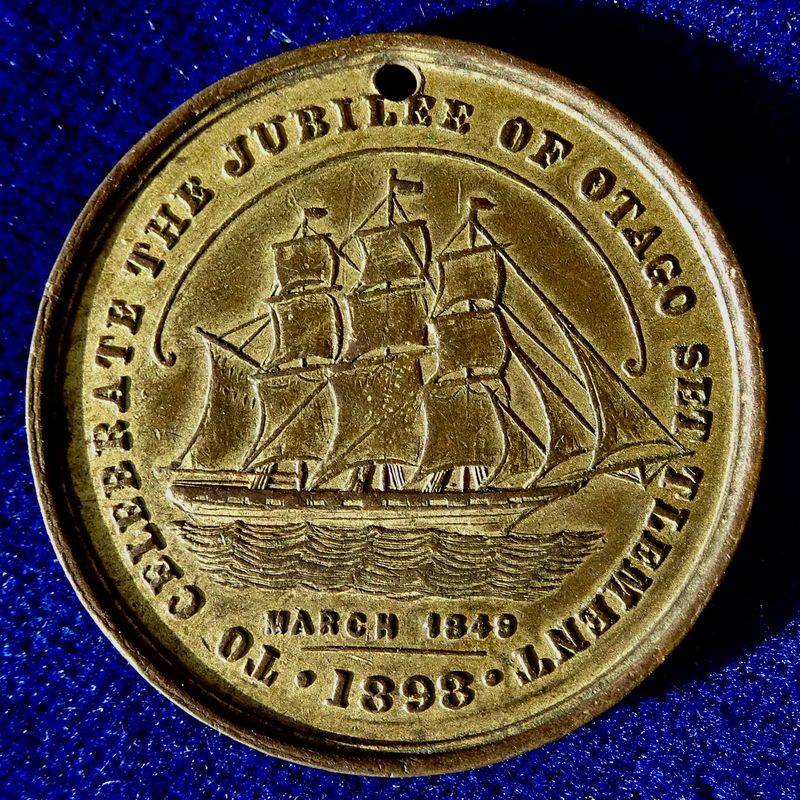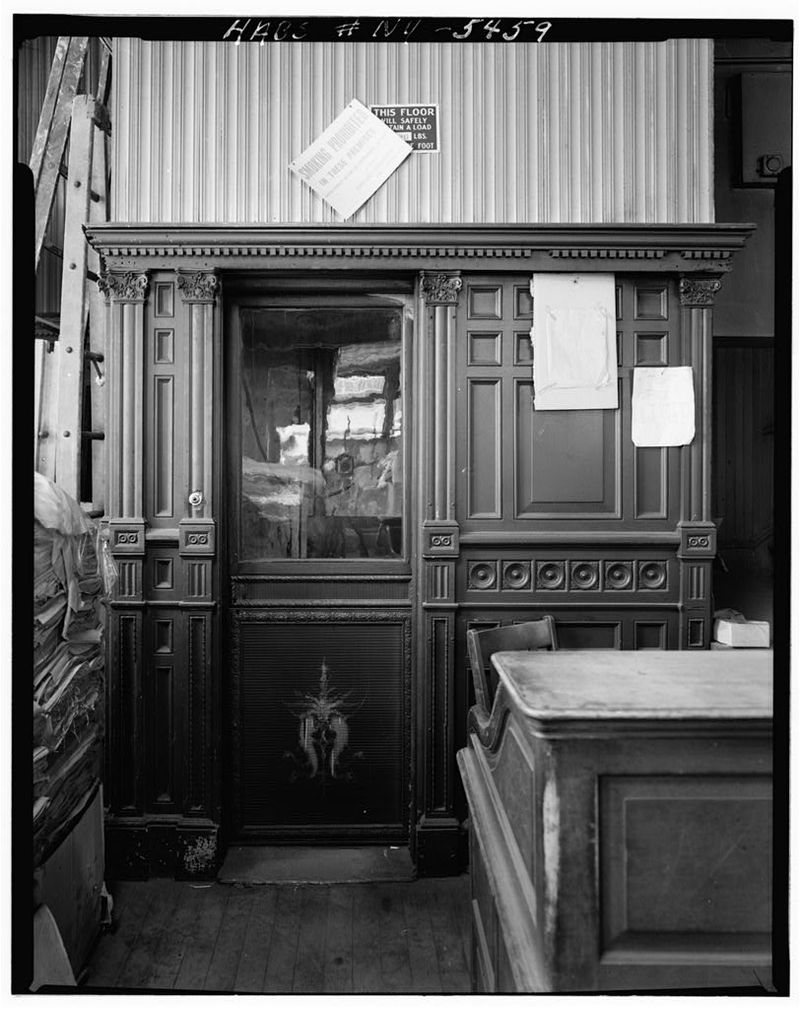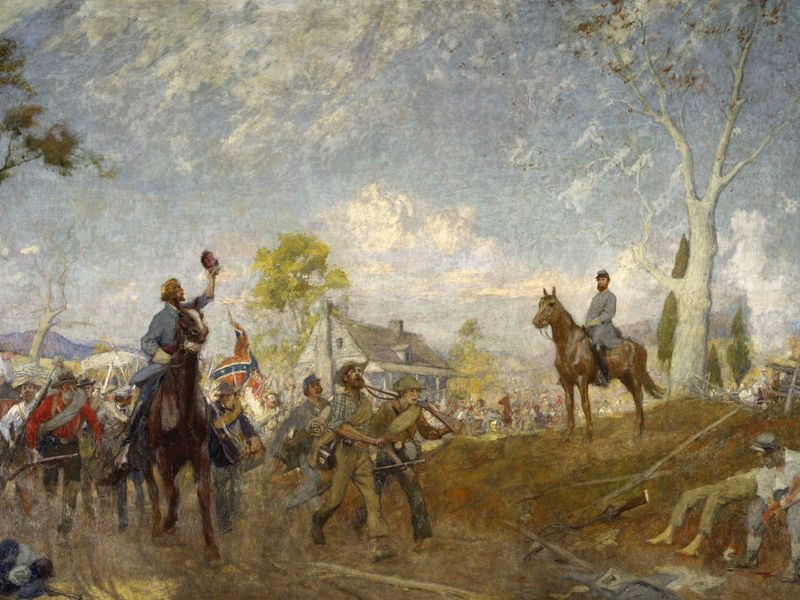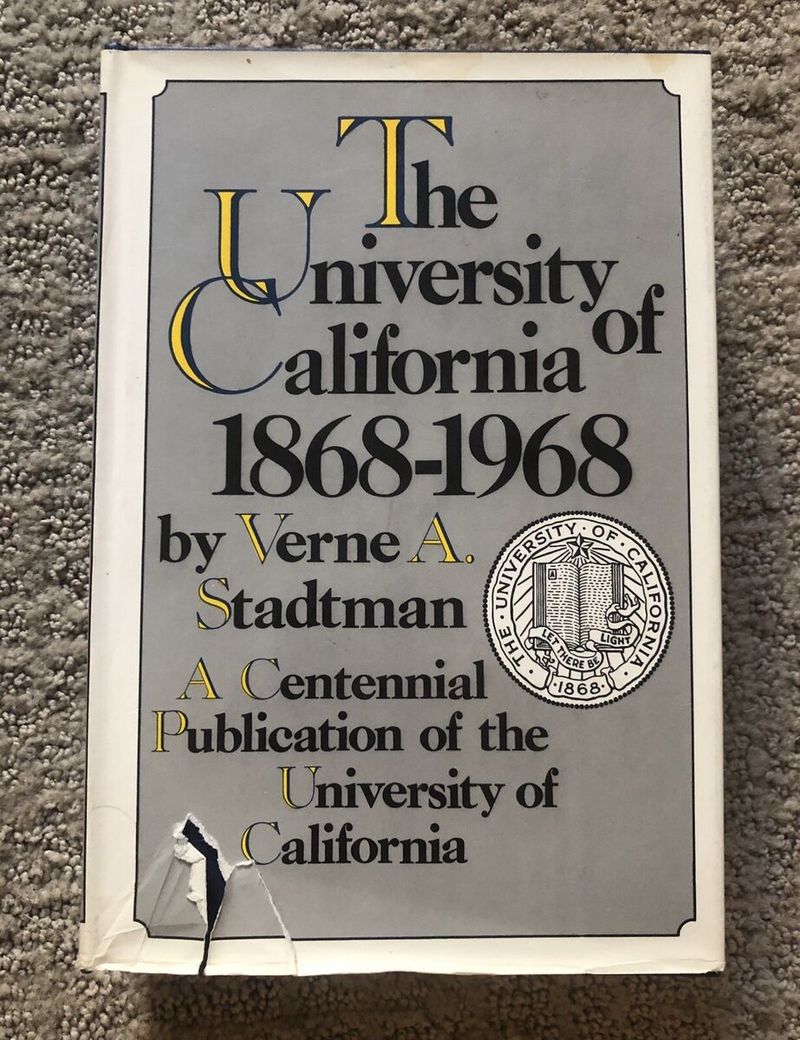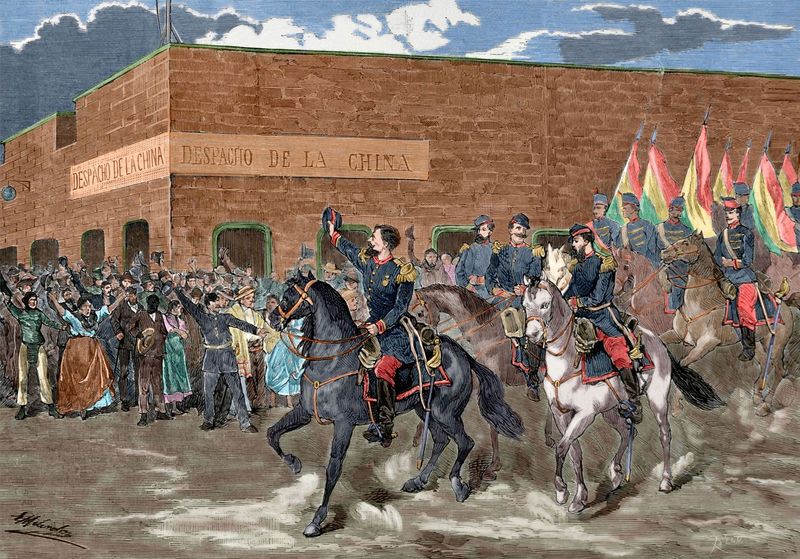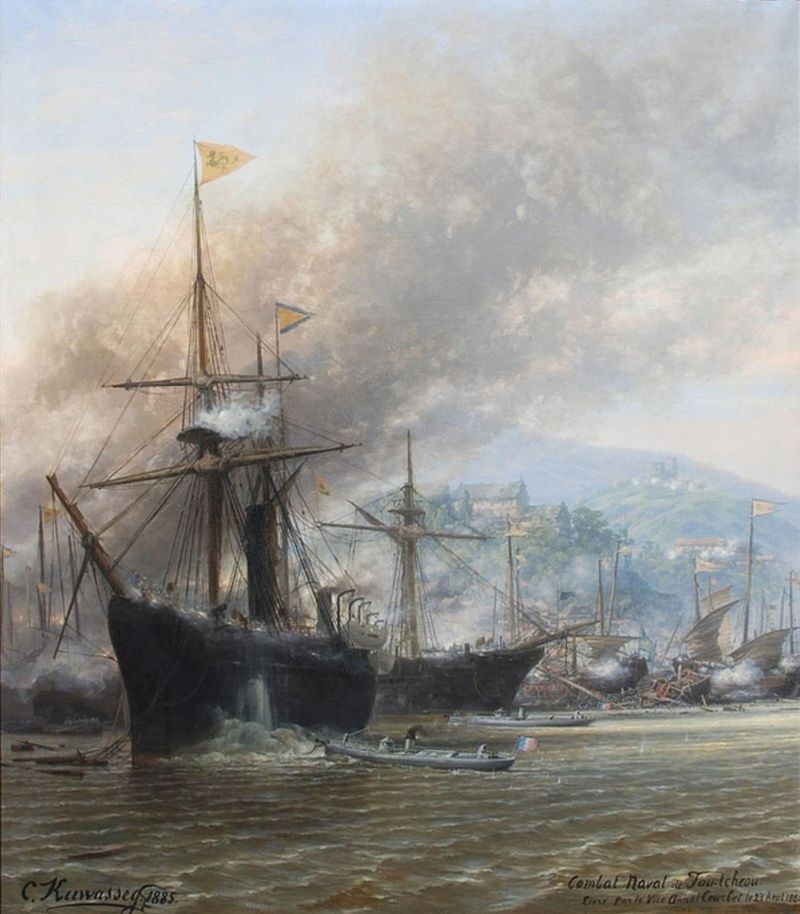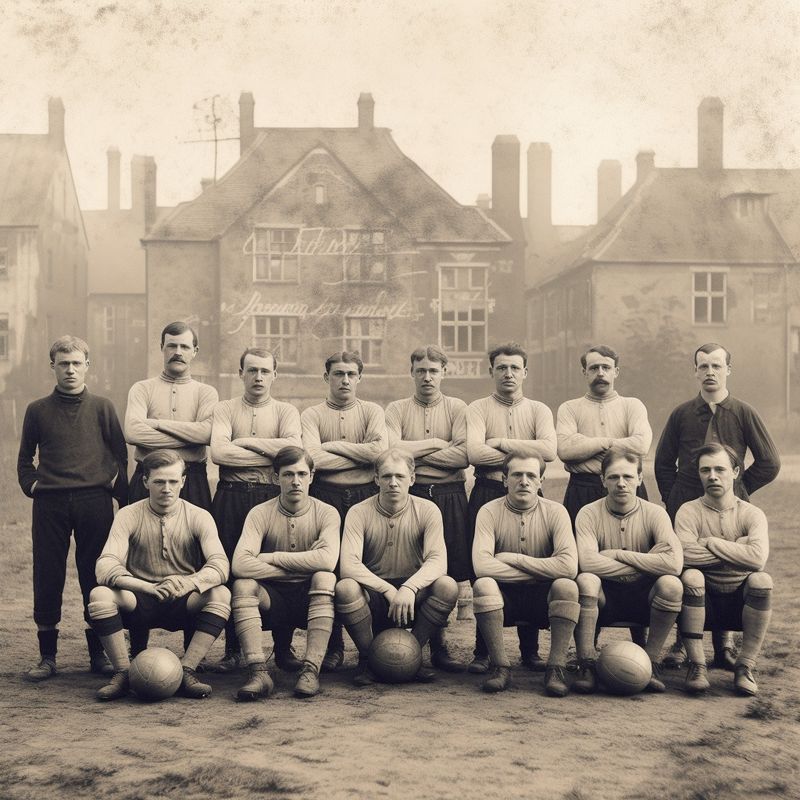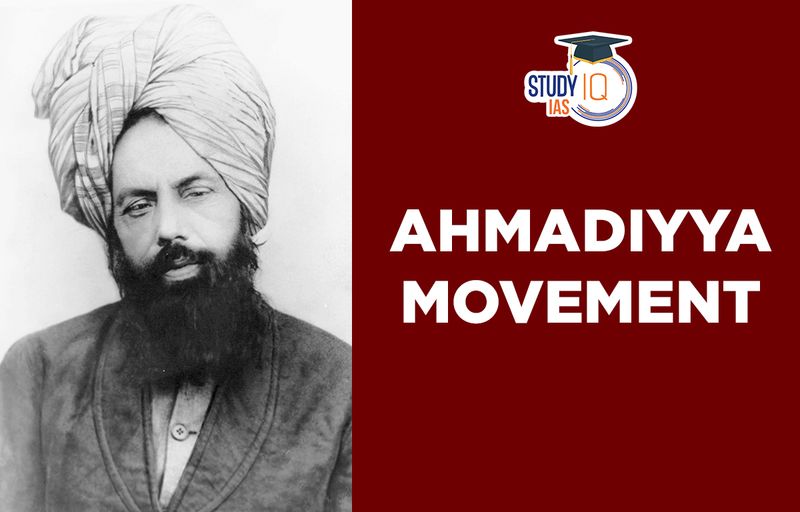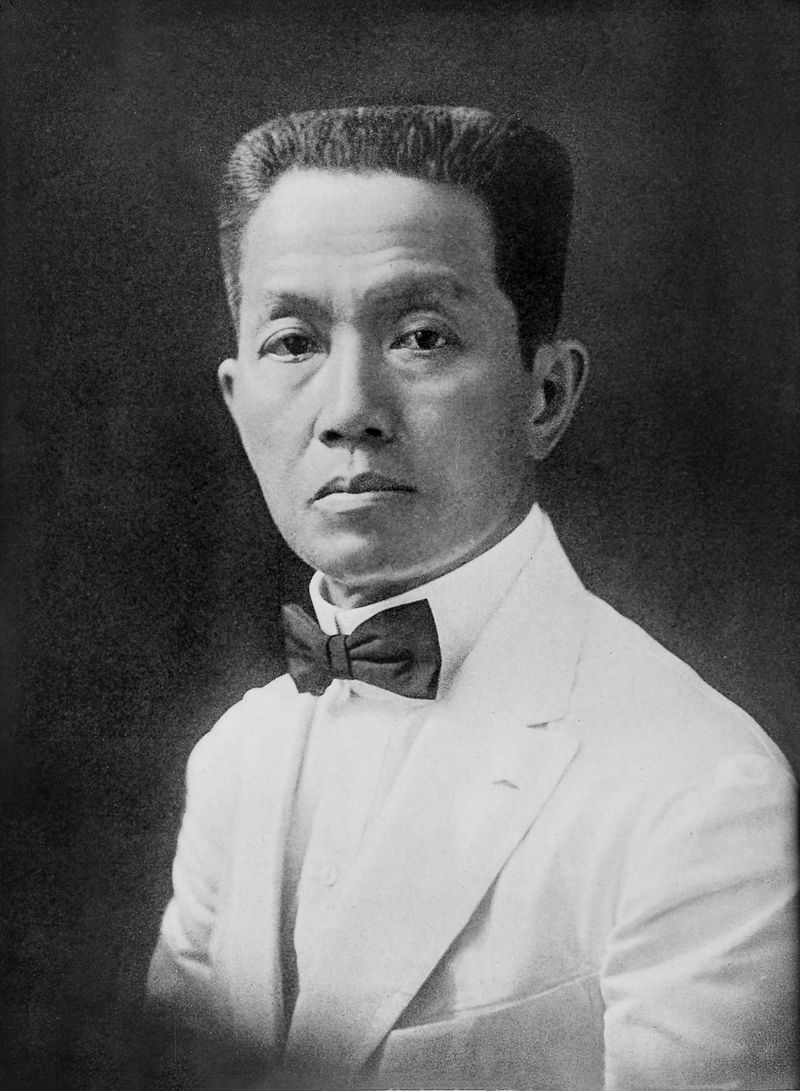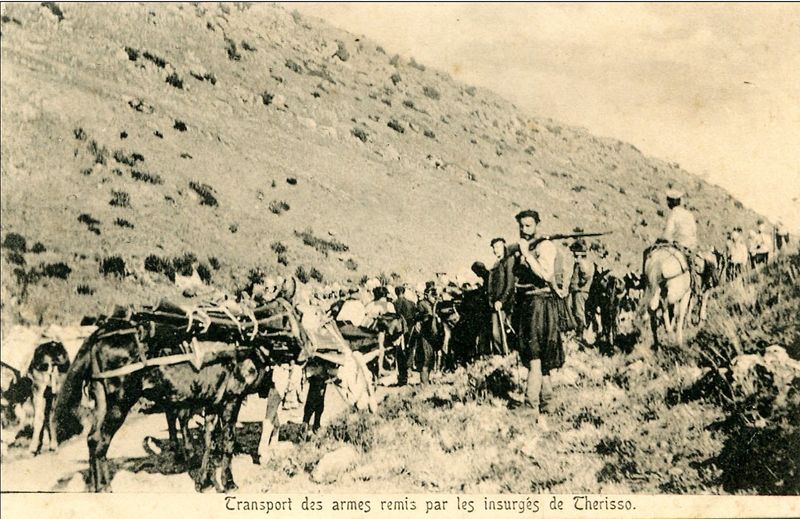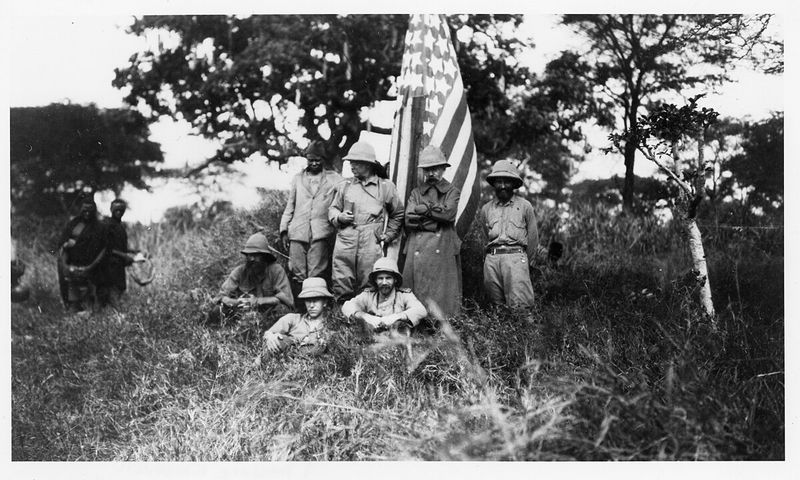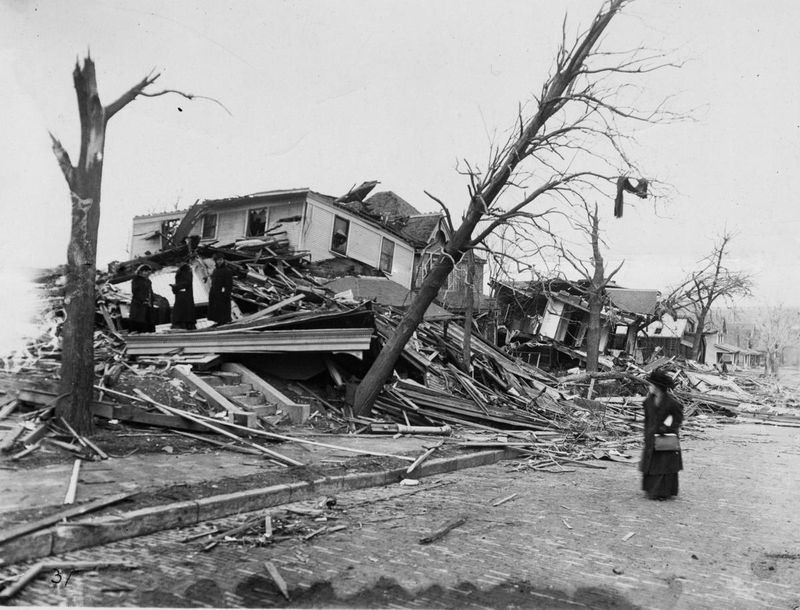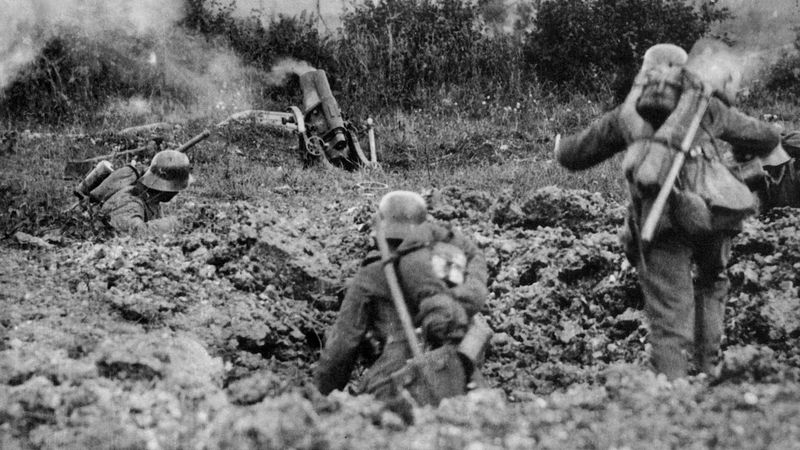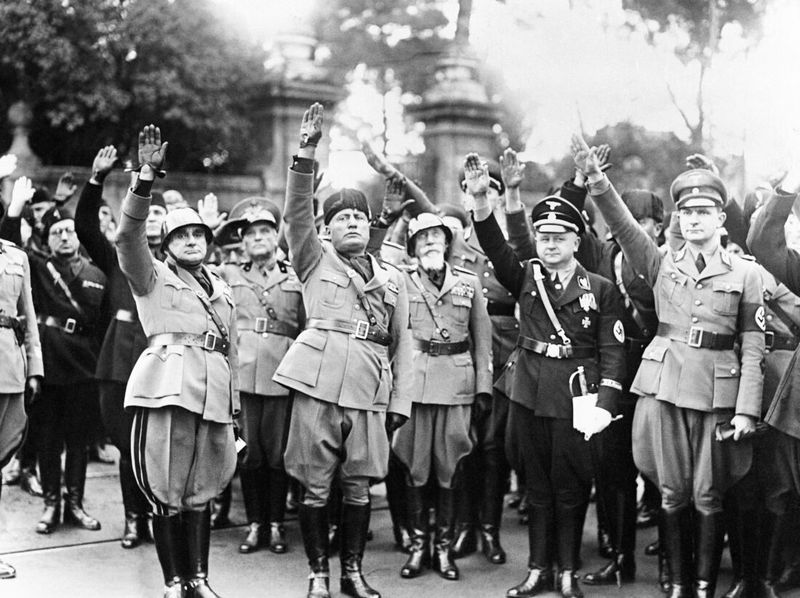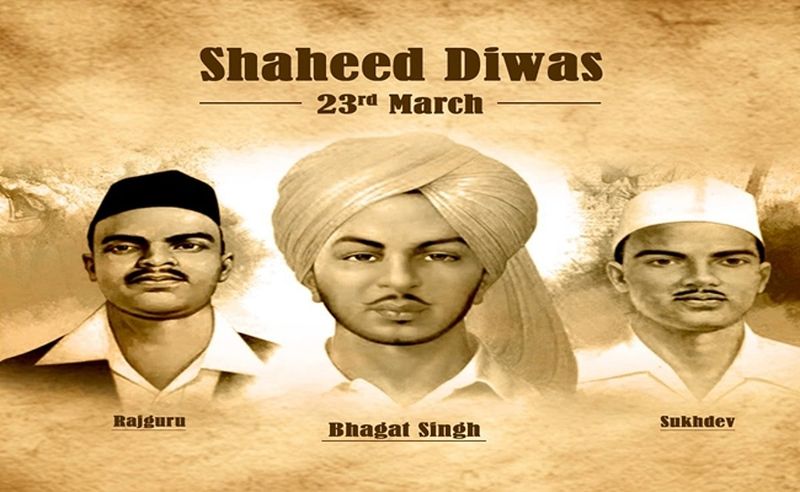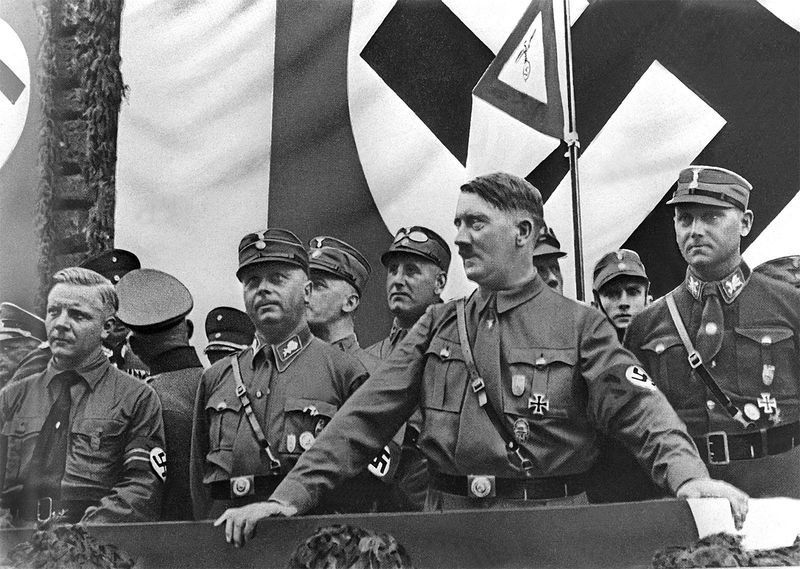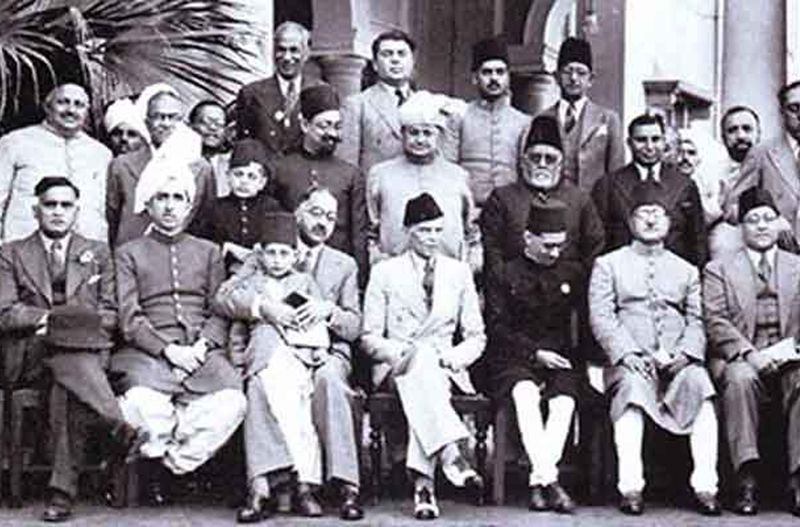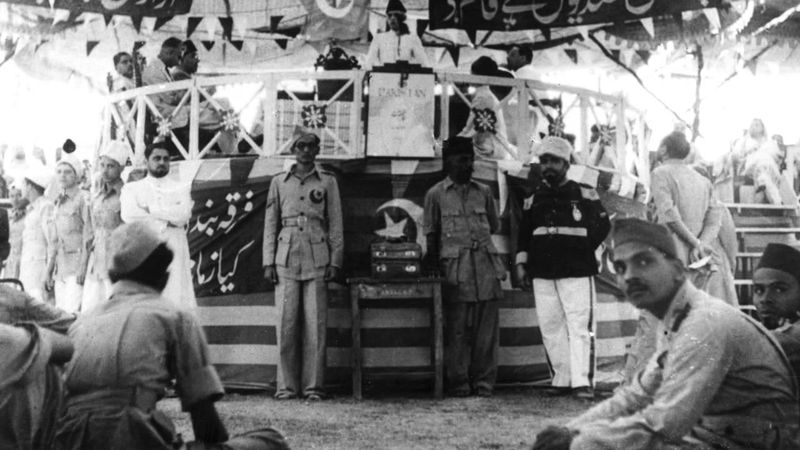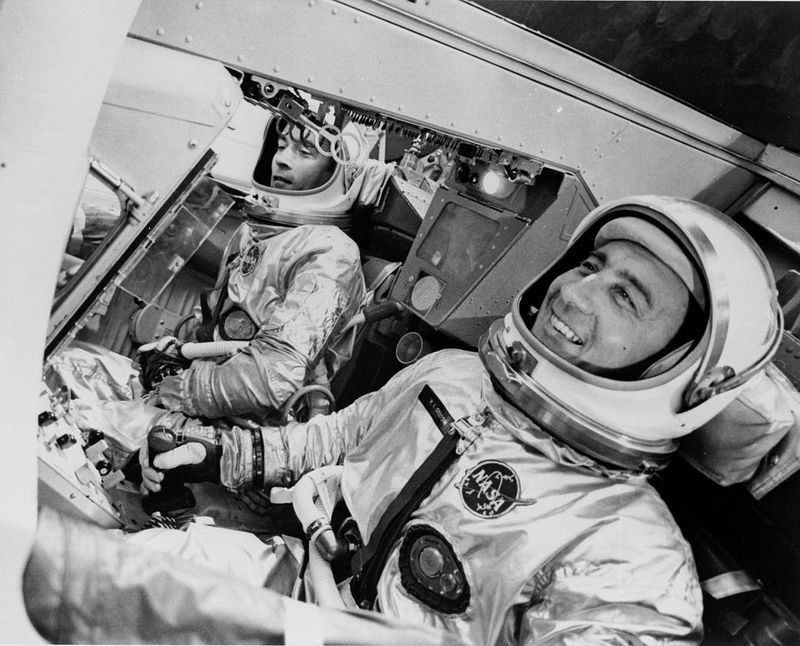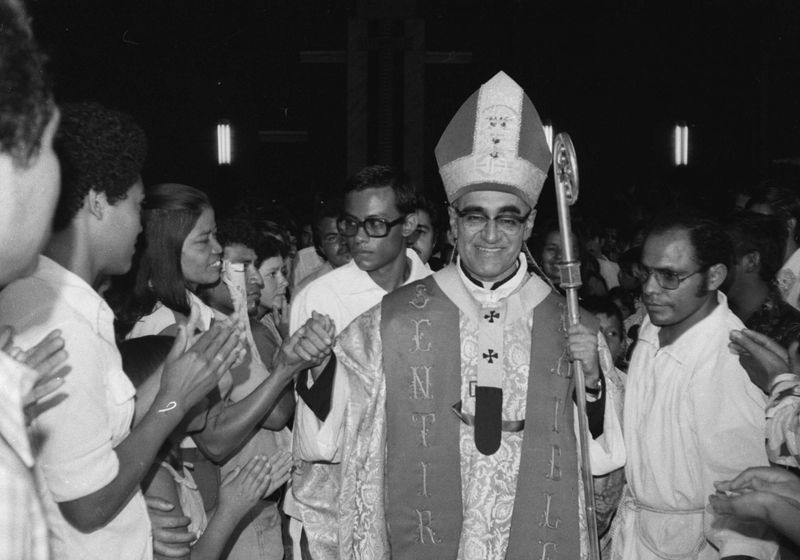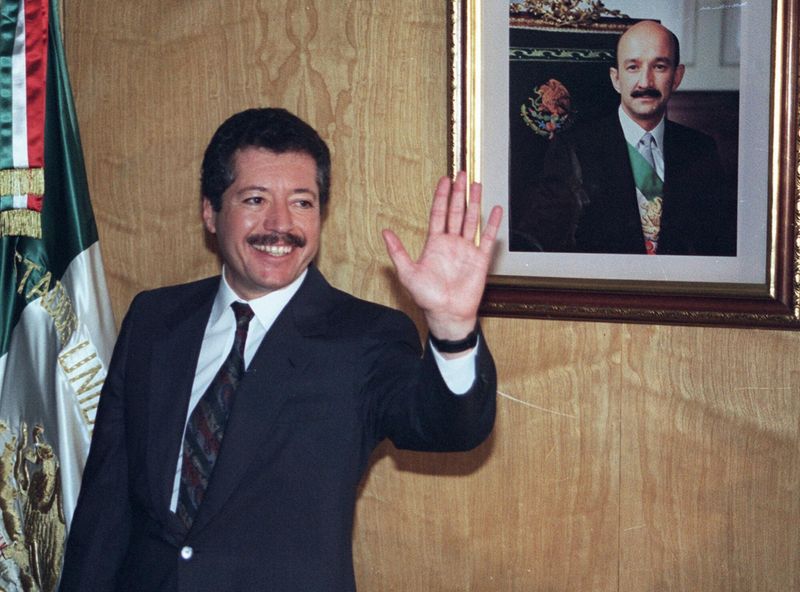March 23rd stands as a significant date in history, marking remarkable events across the centuries that have shaped societies and nations.
From political upheavals, scientific advancements, to social progress, each occurrence on this day carries its own story of power, protest, or progress.
Join us as we explore 30 notable events that happened on March 23rd, reflecting the diverse tapestry of human history and its enduring impact.
1. 1400 – Hồ Quý Ly overthrows the Trần dynasty in Vietnam after 175 years of rule.
March 23, 1400, marks a turning point in Vietnamese history as Hồ Quý Ly overthrows the Trần dynasty, ending its 175-year reign. This power shift not only reshaped the political landscape but also set the stage for future transformations in Vietnam.
Hồ Quý Ly, a prominent figure known for his reforms, leveraged internal strife and dissatisfaction to seize control. His rule, however, faced challenges, including resistance from loyalists and threats from neighboring regions.
While Hồ Quý Ly’s tenure was brief, his impact on Vietnam’s governance and socio-political structures was profound, leaving a legacy that influences Vietnamese history to this day.
2. 1540 – Waltham Abbey is surrendered to King Henry VIII, ending the Dissolution of the Monasteries.
On March 23, 1540, Waltham Abbey was surrendered to King Henry VIII, marking the conclusion of the Dissolution of the Monasteries in England. This was a pivotal event in the English Reformation, fundamentally altering religious and political structures.
The surrender of Waltham Abbey symbolized the end of monastic influence and paved the way for the establishment of the Church of England. The seizure of monastic lands and wealth significantly bolstered the royal treasury.
This period of transformation stressed the importance of adapting religious practices to align with shifting political agendas, leaving a lasting imprint on English society and governance.
3. 1568 – The Peace of Longjumeau is signed, concluding the second phase of the French Wars of Religion.
The signing of the Peace of Longjumeau on March 23, 1568, marked the end of the second phase of the French Wars of Religion. This treaty aimed to quell the conflict between Catholics and Huguenots in France, though its effects were temporary.
Negotiations were tense, reflecting the deep religious divisions of the time. The peace sought to provide religious freedoms for Huguenots, though tensions remained high.
Despite its short-lived success, this treaty is a testament to the efforts to achieve religious harmony. The struggle underscored the complexities of reconciling deeply held beliefs within a divided society.
4. 1775 – Patrick Henry delivers his famous “Give me liberty or give me death!” speech in Virginia.
On March 23, 1775, Patrick Henry delivered the impassioned “Give me liberty or give me death!” speech, a defining moment in American Revolutionary history.
Speaking at the Virginia Convention, his words fueled the burgeoning desire for independence from British rule. Henry’s rhetoric emphasized the necessity of revolution, urging his fellow colonists to fight for their freedom.
His speech not only inspired those present but also echoed throughout the colonies, galvanizing support for the revolutionary cause.
This moment in history highlights the power of words and conviction in rallying a people towards a common goal, leaving an enduring legacy in American memory.
5. 1801 – Tsar Paul I of Russia is assassinated at St. Michael’s Castle.
The assassination of Tsar Paul I on March 23, 1801, at St. Michael’s Castle marked a turbulent moment in Russian history. His reign was characterized by controversial reforms and autocratic rule, which led to discontent among the nobility.
On that fateful night, conspirators, including high-ranking officers, executed a plan to eliminate the Tsar, ushering in a new era under his son, Alexander I. This event exposed the fragile nature of autocratic power and the dangers of political intrigue.
Paul’s assassination dramatically altered Russia’s political trajectory, impacting domestic policies and diplomatic relations during the early 19th century.
6. 1806 – Lewis and Clark begin their return journey from the Pacific to St. Louis.
On March 23, 1806, Meriwether Lewis and William Clark commenced their return journey from the Pacific Ocean back to St. Louis, concluding a historic expedition commissioned by President Thomas Jefferson.
Their journey across the vast and uncharted American West provided invaluable insights into the region’s geography, flora, fauna, and indigenous cultures. As they retraced their path, they continued to document their findings and experiences.
The expedition’s success significantly contributed to westward expansion and the country’s understanding of its newly acquired territories. It remains a testament to human curiosity and the spirit of exploration that defined an era.
7. 1821 – Greek War of Independence: The Battle and capture of Kalamata marks a turning point in Greek resistance.
The Battle and capture of Kalamata on March 23, 1821, signified a critical juncture in the Greek War of Independence against Ottoman rule. This victory boosted morale and rallied support for the Greek cause.
Greek revolutionaries, driven by a desire for freedom and national identity, launched coordinated attacks, successfully seizing control of Kalamata. The triumph at Kalamata inspired further uprisings across the region.
This pivotal event underscored the determination of the Greek people to reclaim their sovereignty, ultimately leading to the establishment of an independent Greek state. It exemplifies the resilience and courage inherent in the struggle for freedom.
8. 1839 – A devastating earthquake destroys the former capital Inwa of the Konbaung dynasty (Myanmar).
On March 23, 1839, a catastrophic earthquake struck the former capital of Inwa, devastating the city and leaving a lasting impact on Myanmar’s history. As the heart of the Konbaung dynasty, Inwa’s destruction was a significant blow.
The earthquake’s aftermath saw widespread destruction, with many historical structures reduced to ruins. The disaster prompted the relocation of the capital to Amarapura, altering the region’s political landscape.
The event serves as a reminder of the power of natural forces and their ability to reshape human societies. It emphasizes the need for resilience in the face of unforeseen challenges.
9. 1848 – The ship John Wickliffe arrives in New Zealand, founding the Otago province.
The arrival of the ship John Wickliffe on March 23, 1848, marked the founding of the Otago province in New Zealand, a significant event in the country’s colonial history. Settlers onboard aimed to establish a new life in this distant land.
This journey, undertaken by Scottish immigrants, was part of a wider movement to develop the region’s agriculture and infrastructure. The settlers faced numerous challenges, including harsh conditions and unfamiliar terrain.
Their perseverance and efforts laid the groundwork for a thriving community. The founding of Otago is celebrated as a testament to human determination and the spirit of pioneering exploration.
10. 1857 – Elisha Otis installs the first elevator at 488 Broadway in New York City.
On March 23, 1857, Elisha Otis installed the first passenger elevator at 488 Broadway in New York City, revolutionizing urban architecture and transportation. This innovation marked a breakthrough in vertical mobility and building design.
Otis’s invention, featuring a safety brake, made elevators practical and secure, paving the way for the construction of skyscrapers. The demonstration of this technology drew significant public attention.
This advancement not only transformed city skylines but also reshaped urban living, enabling cities to grow vertically. Otis’s contribution remains foundational to modern architecture, illustrating the transformative power of innovation.
11. 1862 – American Civil War: The First Battle of Kernstown begins Stonewall Jackson’s Valley Campaign.
The First Battle of Kernstown, occurring on March 23, 1862, marked the beginning of Stonewall Jackson’s Valley Campaign during the American Civil War. This battle, though a tactical defeat for Jackson, had strategic implications.
Jackson’s aggressive maneuvers aimed to divert Union forces and threaten their supply lines, showcasing his military acumen. Despite the setback, the campaign demonstrated the Confederate ability to challenge Union strategies.
The battle emphasized the complexities of Civil War tactics and the role of leadership in shaping military outcomes. It remains a subject of study for its insights into 19th-century warfare.
12. 1868 – The University of California is established in Oakland.
On March 23, 1868, the establishment of the University of California in Oakland marked a milestone in American education. This institution aimed to provide higher education opportunities and contribute to societal advancement.
The university’s founding reflected a commitment to academic excellence and innovation, attracting scholars and students from diverse backgrounds. It played a pivotal role in shaping California’s educational landscape.
Today, the University of California is renowned for its research contributions and influence in various fields. Its founding highlights the enduring value of education in fostering progress and addressing societal challenges.
13. 1879 – War of the Pacific: The Battle of Topáter marks the conflict’s first engagement.
The Battle of Topáter, taking place on March 23, 1879, marked the first engagement of the War of the Pacific, a conflict involving Chile, Bolivia, and Peru. This battle set the stage for a protracted struggle over territorial disputes.
Chilean forces, seeking to assert control over coastal territories rich in resources, clashed with Bolivian defenders. The encounter underscored the strategic importance of the region.
The War of the Pacific had far-reaching implications, reshaping national boundaries and economic interests in South America. The Battle of Topáter exemplifies how territorial ambitions can drive nations into conflict.
14. 1885 – Sino-French War: Chinese victory at the Battle of Phu Lam Tao.
On March 23, 1885, the Battle of Phu Lam Tao resulted in a decisive Chinese victory during the Sino-French War, a conflict centering on colonial interests in Southeast Asia.
Chinese forces successfully repelled French advancements, demonstrating their military capabilities and strategic acumen. This victory bolstered Chinese morale and influenced subsequent negotiations.
The battle highlighted the complexities of colonial conflicts and the struggle for dominance in the region. It remains a significant event in the history of Sino-French relations, reflecting the broader geopolitical tensions of the era.
15. 1888 – The Football League (UK), the world’s oldest professional football league, holds its first meeting.
The inaugural meeting of The Football League on March 23, 1888, in the UK, marked the beginning of organized professional football. This milestone laid the foundation for the world’s oldest professional football league.
Club representatives met to establish rules, governance, and fixtures, paving the way for a structured competition. The league’s formation revolutionized the sport, driving its popularity and commercial success.
The Football League’s establishment highlights the importance of organization and collaboration in sports. It set a precedent for professional leagues worldwide, underscoring football’s enduring appeal and cultural significance.
16. 1889 – The Ahmadiyya Muslim Community is founded by Mirza Ghulam Ahmad in British India.
On March 23, 1889, Mirza Ghulam Ahmad founded the Ahmadiyya Muslim Community in British India, introducing a new religious movement within Islam. This event marked a significant development in the religious landscape of the region.
Ahmad’s teachings emphasized peace, tolerance, and spiritual reform, attracting followers worldwide. The community faced challenges, including opposition from other Muslim groups, yet persevered in its mission.
The founding of the Ahmadiyya Community highlights the dynamic nature of religious thought and the importance of dialogue in fostering understanding. It remains a vibrant part of the global Islamic community today.
17. 1901 – Emilio Aguinaldo, President of the First Philippine Republic, is captured by American forces.
On March 23, 1901, Emilio Aguinaldo, the President of the First Philippine Republic, was captured by American forces, signaling a turning point in the Philippine-American War.
Aguinaldo’s capture dealt a blow to the Filipino resistance, as he was a central figure in the fight for independence. Despite his capture, the struggle continued, underscoring the resilience of the Filipino people.
This event highlighted the complexities of colonial conflicts and the challenges of asserting national sovereignty. Aguinaldo’s legacy endures as a symbol of the Philippine quest for independence and self-determination.
18. 1905 – Eleftherios Venizelos begins the Theriso revolt in Crete for unification with Greece.
The Theriso revolt, initiated by Eleftherios Venizelos on March 23, 1905, was a pivotal moment in Crete’s struggle for unification with Greece. Venizelos, a charismatic leader, sought to end Ottoman influence and join the Greek state.
The revolt garnered widespread support among Cretans, reflecting their desire for national integration. Venizelos’s leadership and diplomatic efforts were instrumental in furthering the cause.
This event underscores the themes of national identity and self-determination. Venizelos’s influence extended beyond Crete, shaping Greek politics and contributing to the broader national narrative.
19. 1909 – Theodore Roosevelt departs New York for a Smithsonian-backed African safari.
On March 23, 1909, former U.S. President Theodore Roosevelt embarked on a Smithsonian-backed African safari, marking his departure from New York.
This expedition aimed to collect specimens for scientific study and gain insights into Africa’s diverse wildlife. Roosevelt’s journey captured public imagination, highlighting the allure of exploration and the importance of conservation.
His expedition contributed significantly to the Smithsonian’s collections. This adventure exemplifies the era’s spirit of scientific curiosity and exploration.
Roosevelt’s safari remains a noteworthy chapter in his legacy, reflecting his passion for nature and commitment to preserving the world’s natural heritage.
20. 1913 – A massive tornado outbreak kills over 240 people in the U.S.; 650 more die in flooding.
The devastating tornado outbreak on March 23, 1913, led to over 240 fatalities in the United States, with an additional 650 lives lost due to subsequent flooding. This natural disaster highlighted the vulnerabilities communities face against extreme weather.
The destruction spanned several states, causing widespread damage to infrastructure and homes. The disaster prompted improvements in weather forecasting and emergency preparedness.
This event underscored the importance of resilience and adaptation in the face of natural calamities. It serves as a historical reminder of the need for robust disaster management systems to protect lives and property.
21. 1918 – WWI: The 10th Battalion of the Royal West Kent Regiment is wiped out during the Spring Offensive.
On March 23, 1918, the 10th Battalion of the Royal West Kent Regiment faced annihilation during the German Spring Offensive in World War I. This tragic loss highlighted the brutal realities of trench warfare.
The offensive, a major German push on the Western Front, aimed to break Allied lines and secure a decisive victory. Despite their bravery, the battalion was overwhelmed by superior forces.
This event underscores the sacrifices made by countless soldiers and the strategic challenges of WWI. It remains a poignant reminder of the human cost of war and the enduring quest for peace.
22. 1919 – Benito Mussolini founds the Fascist political movement in Milan.
On March 23, 1919, Benito Mussolini founded the Fascist political movement in Milan, marking a significant development in 20th-century political history. This event set the stage for the rise of fascism in Italy and beyond.
Mussolini, a charismatic leader, sought to address post-war economic and social challenges through authoritarian governance. His ideology emphasized nationalism and militarism, attracting widespread support.
The founding of the Fascist movement had profound implications, leading to Mussolini’s dictatorship and impacting global politics. It serves as a cautionary tale of how political ideologies can shape nations and history.
23. 1931 – Bhagat Singh, Rajguru, and Sukhdev are executed for their role in the Indian independence movement.
The execution of Bhagat Singh, Rajguru, and Sukhdev on March 23, 1931, marked a poignant moment in the Indian independence movement. These young revolutionaries became symbols of resistance against British colonial rule.
Their actions, driven by a desire for freedom, inspired countless others to join the struggle for independence. Despite facing execution, their legacy of courage and sacrifice endured.
This event highlights the power of youthful idealism and the impact of individual actions in shaping national history. Their story continues to inspire generations in the fight for justice and self-determination.
24. 1933 – Adolf Hitler is granted dictatorial powers via the Enabling Act passed by the Reichstag.
On March 23, 1933, Adolf Hitler was granted dictatorial powers through the Enabling Act, passed by the Reichstag. This pivotal event marked the consolidation of Nazi control in Germany.
The act allowed Hitler to enact laws without parliamentary consent, leading to the erosion of democratic institutions. This moment laid the groundwork for totalitarian rule and the subsequent events of World War II.
The passage of the Enabling Act serves as a stark reminder of the fragility of democratic systems and the dangers of unchecked power. It emphasizes the need for vigilance in safeguarding freedoms and rights.
25. 1940 – The Lahore Resolution is adopted, laying the groundwork for the creation of Pakistan.
On March 23, 1940, the Lahore Resolution was adopted, a significant milestone in the movement for Pakistan’s creation. This resolution, presented by the Muslim League, called for independent states for Muslims in British India.
The resolution articulated the desire for a separate nation, laying the groundwork for Pakistan’s establishment in 1947. It was a defining moment in the struggle for self-determination and communal rights.
The Lahore Resolution underscores the importance of political organization and vision in achieving national goals. It remains a foundational document in the history of Pakistan and South Asia.
26. 1956 – Pakistan declares itself the first Islamic republic; celebrated as Pakistan Republic Day.
On March 23, 1956, Pakistan declared itself the first Islamic republic, marking a new chapter in its national identity. This declaration was a key step in defining the country’s political framework and religious orientation.
The move was celebrated nationwide, reflecting the aspirations of its people for an Islamic governance system. The event is commemorated annually as Pakistan Republic Day.
This declaration highlights the intersection of religion and politics in shaping national identity. It emphasizes the importance of aligning governance with cultural and religious values, contributing to Pakistan’s unique place in the world.
27. 1965 – NASA launches Gemini 3, the USA’s first two-person space mission.
On March 23, 1965, NASA launched Gemini 3, the first two-person space mission undertaken by the United States. This mission represented a significant milestone in the space race and human space exploration.
Astronauts Gus Grissom and John Young piloted the spacecraft, demonstrating the feasibility of human endurance in space. Their successful mission paved the way for future exploration efforts.
The launch of Gemini 3 underscored the spirit of innovation and the pursuit of knowledge. It remains an inspiring example of human ingenuity and determination to explore the unknown.
28. 1980 – Archbishop Óscar Romero delivers a powerful sermon urging Salvadoran soldiers to stop killings.
On March 23, 1980, Archbishop Óscar Romero delivered a poignant sermon in El Salvador, urging soldiers to cease violence against civilians. His words resonated deeply, advocating for peace and justice amid rising tensions.
Romero’s sermon highlighted the moral imperative to protect human life and promote reconciliation. His courageous stance made him a symbol of the struggle for human rights.
This moment is remembered for its call to conscience and the power of faith-based advocacy. Romero’s legacy continues to inspire efforts for social justice and peace in El Salvador and beyond.
29. 1994 – Mexican presidential candidate Luis Donaldo Colosio is assassinated at a rally in Tijuana.
The assassination of Luis Donaldo Colosio on March 23, 1994, during a rally in Tijuana, sent shockwaves through Mexico’s political landscape. Colosio, a promising presidential candidate, symbolized hope and reform.
His untimely death highlighted the challenges of political violence and the quest for transparency and change in Mexico. The incident sparked national introspection and calls for reform.
Colosio’s legacy endures as a reminder of the need for secure and transparent political processes. His life and aspirations continue to inspire those seeking to uphold democratic values and integrity.
30. 2021 – Ever Given, a massive container ship, runs aground in the Suez Canal, halting global trade for six days.
On March 23, 2021, the Ever Given, a massive container ship, became lodged in the Suez Canal, disrupting global trade for six days. This incident highlighted the critical nature of maritime routes in global commerce.
Efforts to dislodge the ship involved international cooperation, showcasing the complexities of modern logistics and trade. The blockage underscored vulnerabilities in global supply chains.
The event serves as a reminder of the interconnectedness of global economies and the importance of efficient maritime infrastructure. It prompted discussions on improving resilience and contingency planning in international trade.
